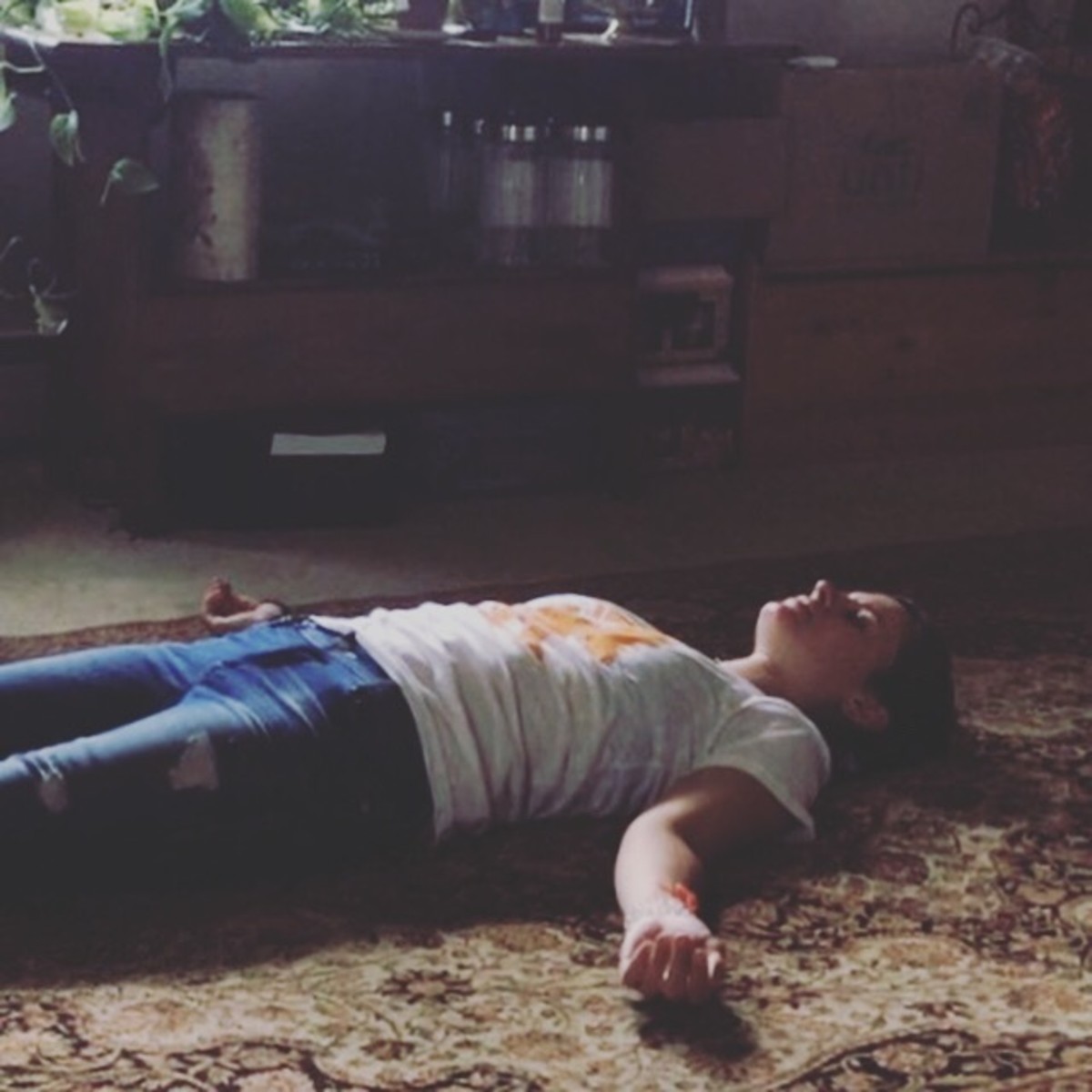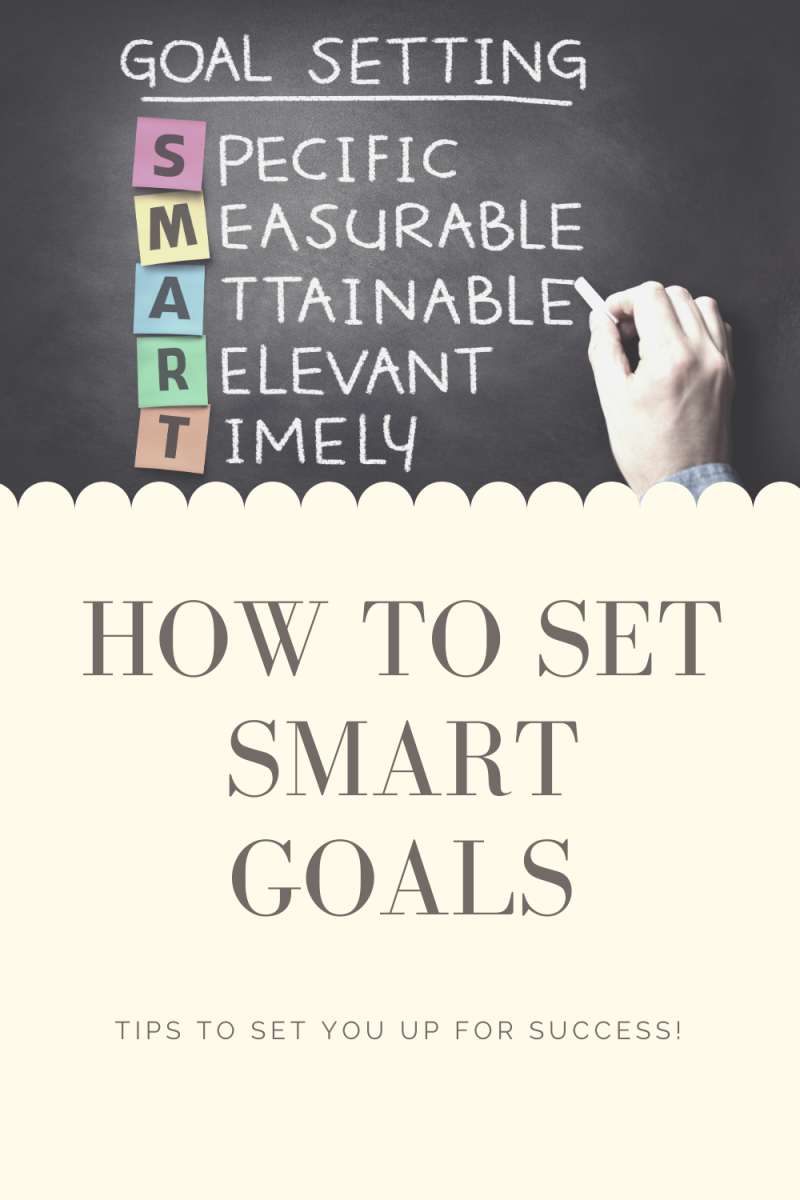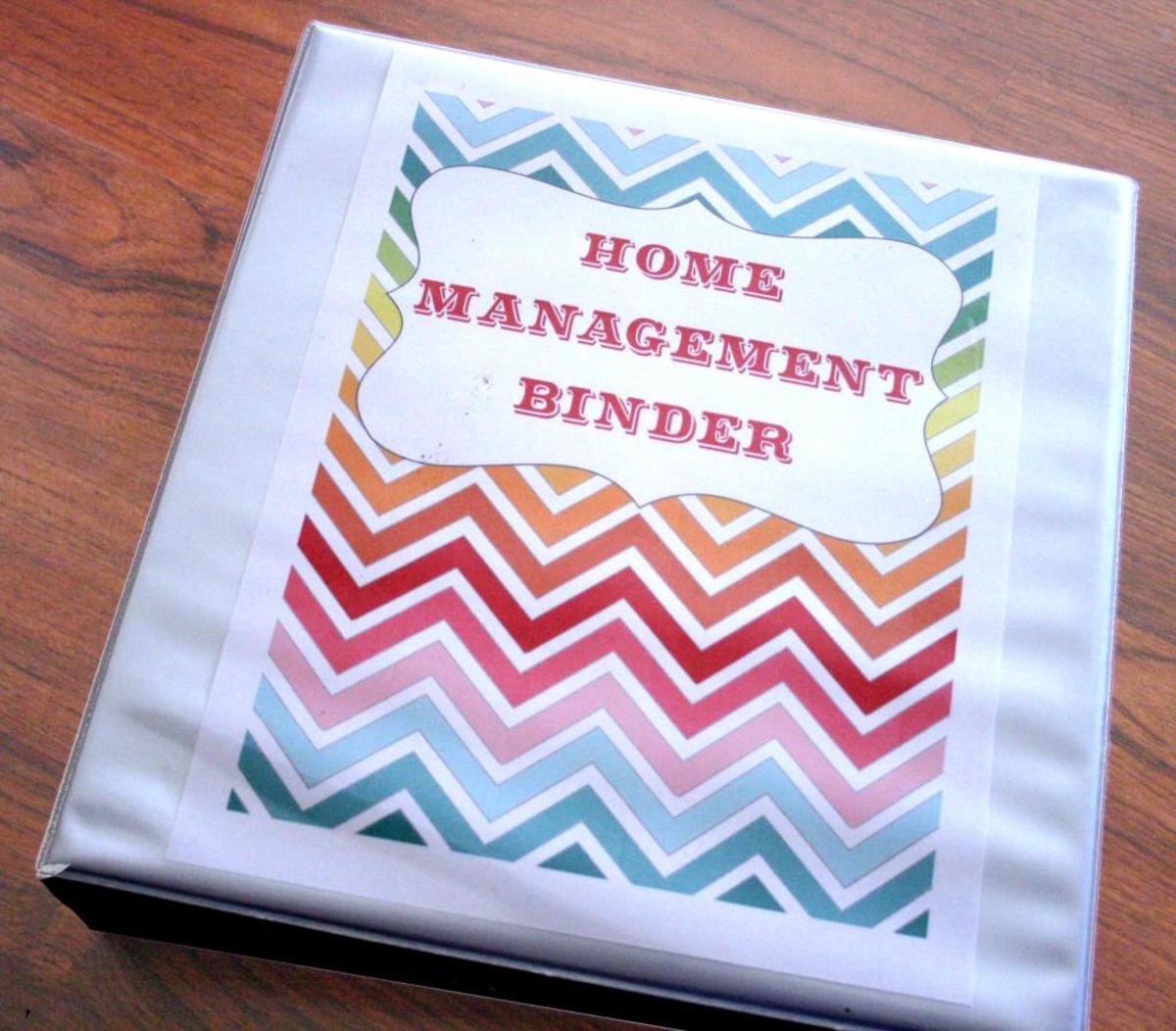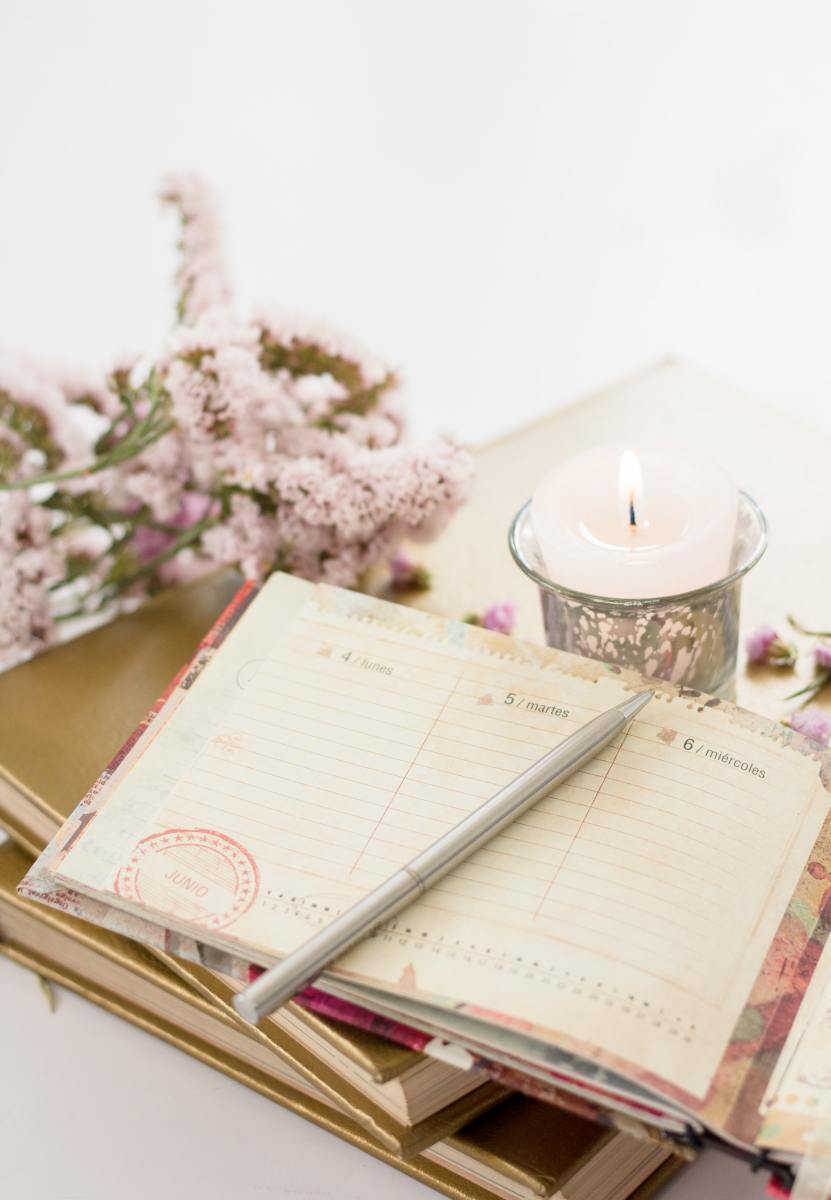- HubPages»
- Health»
- Quality of Life & Wellness»
- Personal Development
Create the Evening Routine that's Best for You
Why You Want an Evening Ritual
While the idea of a routine may sound boring, it can be a powerful tool for increasing your creativity and productivity. When you aren’t wasting energy trying to remember what you need to do or when it should get done, you free up your mind for the important things you want to accomplish with your life.
Creating a better evening routine allows you to reflect on what went great and what you need to adjust the next day. Choosing the right activities for you can also relax your mind so it isn’t spinning when you’re trying to sleep.
And, by the way, you already have a set of actions that you use to end your day. However, you might not feel that they’re truly benefiting you. By tweaking your routines, you can eliminate (or reduce) what isn’t working and add what you want to include.
You Can't Create a Routine that Doesn't Align with Who You Are

Track Your Actions
First thing to consider when evaluating your evening is to determine when it starts. Is it when you enter your home at the end of the day? Or, is it after you clean up from dinner? You might even consider that you start wrapping up the day at a certain time, like your child’s bedtime.
When you get to the step where you plan your evening, you may decide to change the time when you begin the ritual of finishing up the day and planning the next.
However, before you can think of changing your routine, you first need to figure out what it is. So, for three or four evenings, set out paper and pen and record what you do and approximately how much time you spend on each activity.
I know, you’re thinking that you know what you do, and you don’t need to write anything down. However, seeing the flow of your evening’s activities on paper means that you can’t ignore the hour spent on social media.
Think of jotting down the details of your night like keeping a food diary – writing everything down adds awareness to your actions. You want to do this more than once so you can see patterns of action.
Pay Attention to How You Use Your Time

Evaluate What You Recorded
After you’ve tracked three or four evenings (they don’t have to be consecutive), you’ll see patterns. First, you may notice that you aren’t doing things in the exact order or at the same time. And, that’s okay.
Before you can truly evaluate what you’re doing with your time, you want to consider what you want to get out of your evening routine. Is it a time to wrap up chores from the day and take care of some tasks for the next day (like preparing lunch and setting out tomorrow’s outfit)?
Do you want your evenings to be about self-care and personal development? You may plan to do yoga and meditate before going to bed to read a novel for half an hour.
Maybe you want to end your day with a bit of both housekeeping and self-care.
Review your record of those three or four evenings when you tracked your actions. Put a star next to the activities that align with your goal for this time of your day.
Next, look at the actions that didn’t earn a star because they don’t support your goal. Since you already engage in these activities, it’s unlikely that you could simply give them up. So, what are you going to do with those tasks? Can you move them to a different time of day? Ask someone else to do the task? Reduce the time you spend with these specific actions?
Know there will be practical “housekeeping” tasks that you can’t avoid.
What Is the Goal of Your Evening Routine?
Consider how you want to feel when you crawl into bed, having completed your evening rituals. Do you want to feel accomplished? Relaxed? Creative? Organized?
Revise Your Plan
You can jot your plan on paper or list individual activities on Post-It notes that you can rearrange in different orders. List the activities you already do that support your goal for your evening. Next to each, note how much time you want to spend on the activity.
Are there activities that flow from one to the next? These create a natural structure to your evening.
Next, add in practical tasks like running the dishwasher, cleaning up the kitchen, folding laundry and other actions that may not reflect your goal for the evening but that support your ability to get through your day.
If you don’t want to feel as if your entire evening was filled with chores, then maybe you group those duties together and then leave 30-minutes to two-hours at the very end of the day to self-care, learning, relationship-building, or creative projects that you’ve identified as important.
Post your written list or Post-It notes someplace where you can review it frequently during your evening.
Account for Changes in Your Schedule
Maybe you take a class on Mondays, volunteer Tuesdays, and enjoy date night on Fridays. How do youcreate your evening ritual when it isn’t consistent?
You could create a different routine for each day of the week, but I think that would be confusing and time-consuming. Instead, plan to go with the flow of your week. Know what you won’t do on the evenings you aren’t at home.
Maybe you knit or practice the guitar or read on nights that don’t have other scheduled activities. Look at how you now adjust your schedule to account for changes to your evenings (one of the reasons you recorded your activities for more than one day).
Remember to Include Activities that Are Important to You
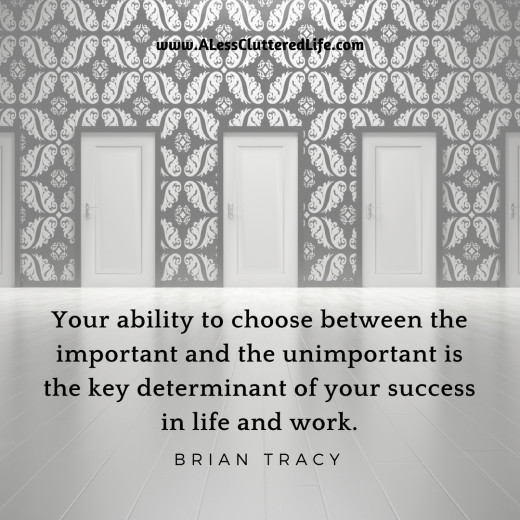
Tweak Your Plan
Don’t worry about perfecting your plan before you do it. Imagining going through your routine isn’t the same as doing it. By running through your plan, you’ll remember actions that you didn’t account for and you'll get a better sense of how much time activities take.
And here’s a not-too-secret secret, your routine will rarely run one hundred percent the way you plan it. There will be traffic and you get home late. You’ll feel like you’re coming down with a cold. Your kid will remember they need supplies at the store to finish a school project due the next day.
However, knowing what activities are most important to you, allows you to go with the flow. Maybe you won’t get to your emails because your evening walk is more important. Or you cut the time you’d give to some activities in half so you can feel a bit of progress across the board.
Make Your Schedule Your Own
Now you know why you can’t simply follow the plan someone outlines on their blog. Sure, you can take some inspiration from others; but what you want to feel and accomplish is more important.


